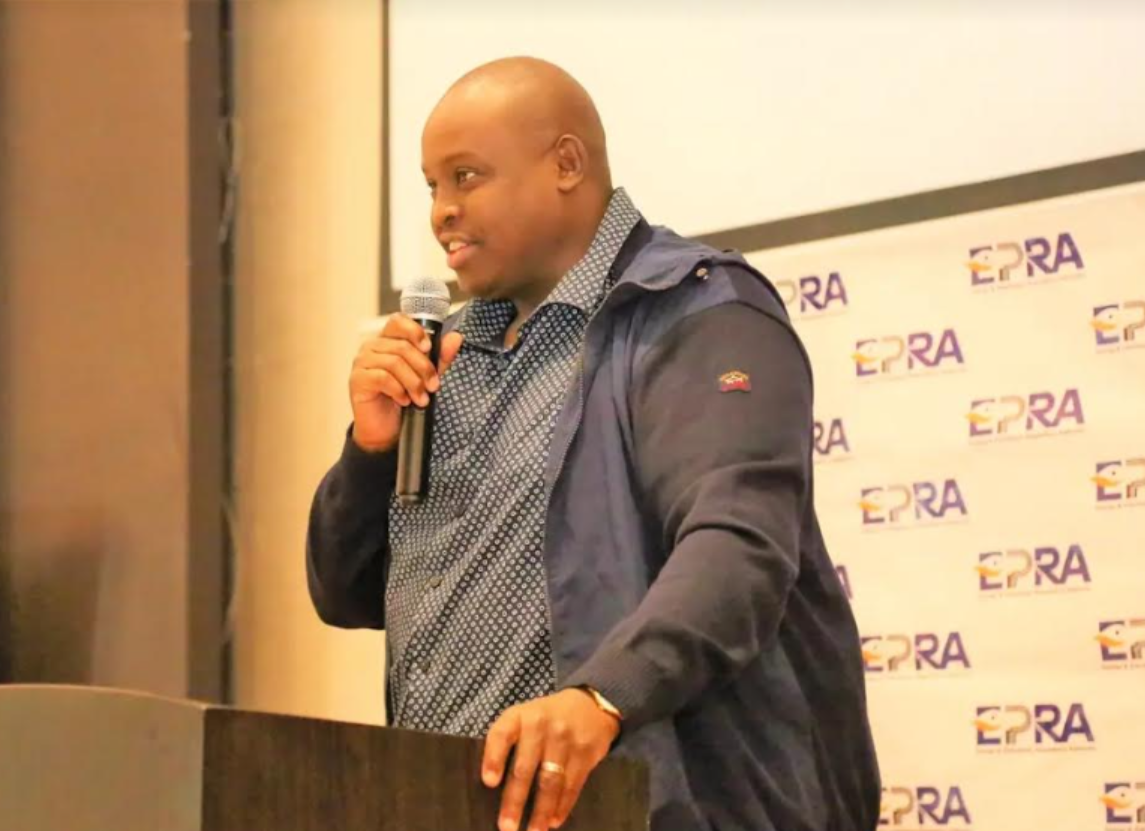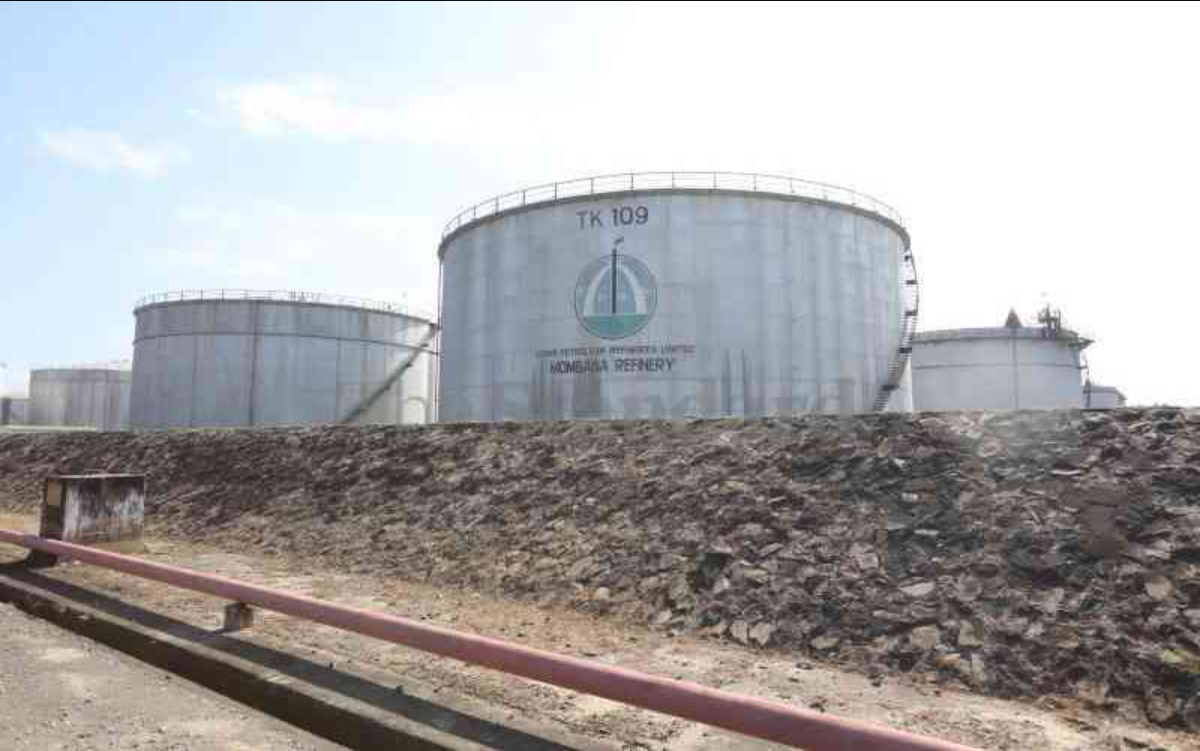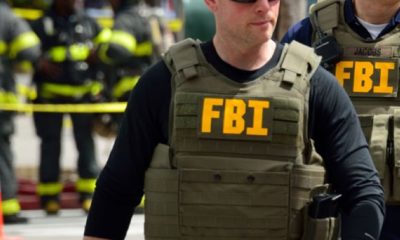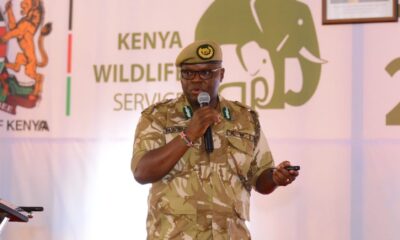Investigations
EPRA and KPRL in Bitter Fight to Control Billions in Kenya’s Petroleum Strategic Stocks

A vicious turf war is unfolding in Kenya’s oil sector. The Energy and Petroleum Regulatory Authority (EPRA) and the Kenya Petroleum Refineries Limited (KPRL) are locked in a fierce contest over control of multi-billion-shilling petroleum strategic reserves.
As Parliament scrutinizes the 2025/26 budget, explosive revelations have emerged. KPRL accuses EPRA of overstepping its mandate, hijacking oil import quotas, and sidelining the National Oil Corporation of Kenya (NOCK).
The stakes are dangerously high. At the heart of the battle lies control of funding, policy direction, and the future of Kenya’s oil security. The consequences could leave the country vulnerable to oil shocks.

The wrangle between EPRA and KPRL is more than a bureaucratic turf war. It’s a national emergency in slow motion. If Kenya cannot fix its petroleum laws and properly fund strategic reserves, the country risks paying the price in future fuel shortages and economic instability. [Photo: Screenshot]
EPRA and KPRL Clash Over Strategic Stocks
The fight between EPRA and KPRL has exposed serious gaps in the Petroleum Act, 2019. These legal grey areas have allowed power plays, confusion, and overlapping roles in managing petroleum reserves.
KPRL boss Leparan ole Morintat has asked Parliament to step in. He wants urgent changes to the law to clearly define roles and end the ongoing interference by EPRA.
According to him, EPRA has continuously encroached on KPRL’s mandate, especially in controlling oil imports and allocating quotas to Oil Marketing Companies (OMCs).
During a heated session with the Budget Committee, Mr. Morintat laid bare how strategic stock management has become a free-for-all. He said the current wording in the law around “the National Oil Company” is vague and exploited by EPRA to edge out the rightful custodian of petroleum reserves.
He pointed to the 2008 Energy (Petroleum Strategic Stock) Regulations, which mandate that strategic reserves of fuels like kerosene, LPG, and diesel should be maintained at levels covering 90 days of national consumption.
The law gives the procurement mandate to NOCK, while Kenya Pipeline Company stores the products. Parliament was supposed to fund this initiative gradually starting from 2008/09. But that never happened.
In 2019, a new provision under Section 107 of the Petroleum Act introduced the Consolidated Petroleum Fund to fix the funding issue. Still, money was never disbursed. Meanwhile, EPRA has taken over critical parts of the process, and in doing so, weakened NOCK and KPRL’s roles.
Backdoor Deals and Tender Wars
KPRL raised concerns over the 2020 draft Petroleum (Strategic Stock) Regulations, which were quietly gazetted by the Petroleum Ministry. These regulations propose that the Cabinet Secretary—through a competitive tendering process—can select any Oil Marketing Company to supply and manage strategic stocks. This move completely sidelines NOCK.
In response, NOCK submitted a formal memorandum to EPRA rejecting the new regulation. They argued that it strips them of their legal duty to manage the reserves. The memo, however, appears to have been ignored.
According to Mr. Morintat, the changes not only violate earlier laws but open the door to backdoor deals. Strategic stocks are no longer about national security—they are becoming a cash cow for select companies with government connections.
The idea of strategic petroleum reserves was to cushion Kenyans from global price shocks and supply chain disruptions. But in reality, no serious stockpiling has taken place. Instead, private oil firms are making profits under the guise of managing national reserves, without any clear accountability.
Legal Loopholes Fuel a Crisis in the Making
At the core of this fight is a broken legal framework. The Petroleum Act, 2019 was meant to streamline the sector. Instead, it has deepened confusion. Multiple agencies now claim overlapping authority, while none seems to be held accountable.
KPRL wants the law amended to clearly state that NOCK alone should handle the procurement, storage, and replenishment of strategic petroleum reserves. This would stop EPRA from hijacking the process through tendering arrangements that prioritize private players.
Mr. Morintat warned Parliament that unless the law is fixed and funding is properly allocated, Kenya risks facing a catastrophic energy crisis. The country would have no buffer in the event of global fuel shortages or price spikes.
For now, billions of shillings in potential petroleum stock funding remain in limbo. Parliament must act quickly. The public deserves clarity, transparency, and protection—not another state-sanctioned oil heist masked as reform.
Kenya Insights allows guest blogging, if you want to be published on Kenya’s most authoritative and accurate blog, have an expose, news TIPS, story angles, human interest stories, drop us an email on [email protected] or via Telegram
-

 Investigations2 weeks ago
Investigations2 weeks agoInside Nairobi Firm Used To Launder Millions From Minnesota Sh39 Billion Fraud
-

 Business2 weeks ago
Business2 weeks agoMost Safaricom Customers Feel They’re Being Conned By Their Billing System
-

 News2 weeks ago
News2 weeks agoUnfit for Office: The Damning Case Against NCA Boss Maurice Akech as Bodies Pile Up
-

 News2 weeks ago
News2 weeks agoTax Payers Could Lose Millions in KWS Sh710 Insurance Tender Scam As Rot in The Agency Gets Exposed Further
-

 News2 weeks ago
News2 weeks agoDeath Traps: Nairobi Sitting on a Time Bomb as 85 Per Cent of Buildings Risk Collapse
-

 News2 weeks ago
News2 weeks agoRaila Bodyguard Maurice Ogeta Appointed As Mombasa Security County Adviser
-

 Investigations6 days ago
Investigations6 days agoKERRA Homa Bay Region Manager Calvince Thomas Accused of Swindling Businessman Ksh 2 Million in Phantom Tender Deal
-

 News2 weeks ago
News2 weeks agoMiguna Announces 2027 Presidential Bid

















